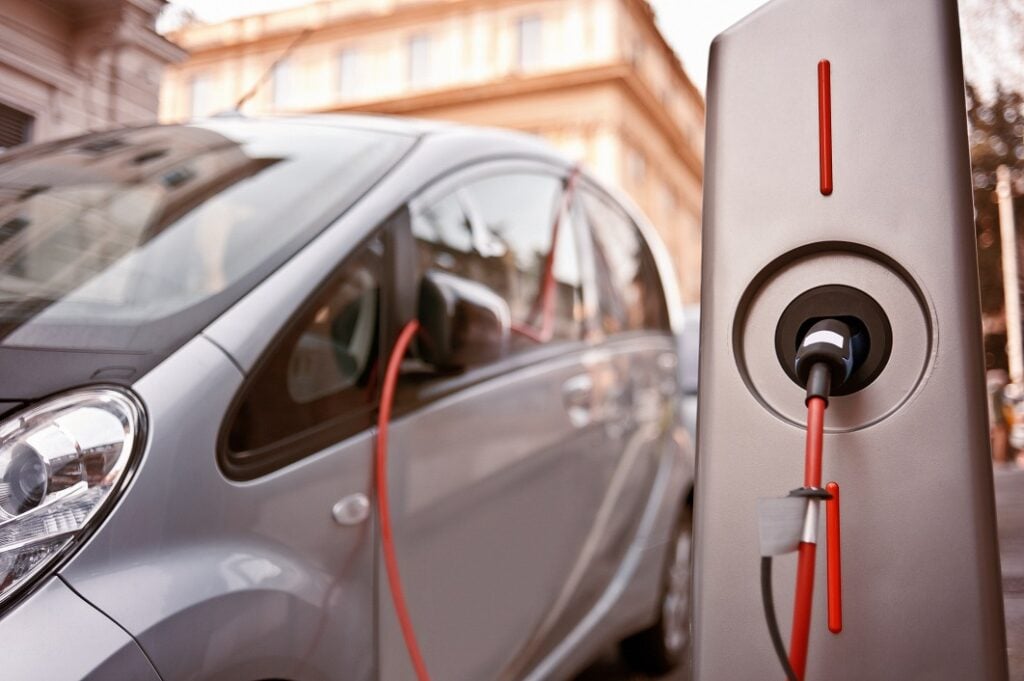“Continued progress in the sale of electric vehicles (EVs) needs to be supported by faster deployment of charging infrastructure, which is falling behind,” said the Climate Change Committee (CCC) in its latest Progress Snapshot.
The CCC claims that the scale of EV adoption continues to rapidly increase with 14% of new car sales being EVs as of August 2022 – a startling increase from just the 1% in 2018.
This correlates with data released by the Society of Motor Manufacturers and Traders (SMMT) which claimed that the UK had seen its one millionth plug-in car registered in September with 2022 having represented a quarter of total plug-ins registered.
Despite the rapid scaling of EV adoption, there is a need to scale the infrastructure to go alongside this. As indicated by the CCC, EV infrastructure is “falling behind” which could have severe implications on the market.
This comes as EV charging mapping tool Zap-Map confirmed that 1,100 EV charging devices had been installed across the entirety of the UK in September. The firm revealed there are now over 34,000 public charging devices in the UK, across nearly 21,000 charging locations.
This represents a 35% increase in the total number of charging devices since September 2021. Despite these growing figures, the CCC believes this is still not enough.
An area that could help bring EV charging infrastructure to the masses, and also solve inequality and disparity of EV charging, is the rollout of on-street charging.
As discussed last week at the EV World Congress 2022 hosted by our publisher Solar Media, scaling-up on-street charging would have the greatest impact in achieving a just transition on UK roads highlighted Elizabeth Bohun, lead technologist EV integration at Oxfordshire County Council.
“Areas we can make the greatest impact is by providing people who do not have access to home charging, a place to charge their vehicles,” Bohun said.
This is an increasingly popular topic amid the energy crisis. People using home chargers benefit from the Energy Price Guarantee providing households an energy price cap at 34p/kWh.
However public chargers do not benefit from such measures. This has created a loss of parity between home chargers and public charging. In fact, public charging costs increased by 42% from 18.75p/kWh in May to an average of 63.29p/kWh, according to the RAC.
This highlights the need to not only improve the accessibility of EV charging infrastructure, as indicated by the CCC, but to also ensure that it is cost-competitive with home chargers to appeal to the wider general public.
Alongside the need to increase EV charging infrastructure, the CCC snapshot also revealed the impact the ongoing energy crisis is having on the pathway to net zero.
The CCC said current high fossil fuel prices have reduced the relative cost of decarbonisation, however, affordability is an ever-greater challenge, as households across the UK see their bills and other expenses rising.
This presents an opportunity for the Government to spearhead action to address both the rising cost of living and net zero.






